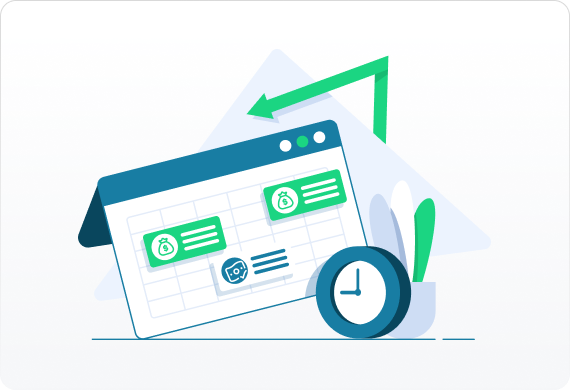The tow truck industry provides needed services for towns and cities, individuals, and businesses. Whether your business removes illegally-parked vehicles, rescues a stranded driver, or hauls away fallen trees, to operate successfully you need functioning, well-maintained equipment and a fleet large enough to meet demand.
For small business owners thinking of investing in or expanding a tow truck business, there’s good news. Annual growth has averaged around 7-8% a year for several years, and market size is estimated between $7 to $8 billion. The average tow truck company has $0.7 million in annual sales, as the industry is dominated by smaller, private companies with an average of eight employees. The lack of concentrated, national players makes it easier for smaller companies to break in.
But breaking into the industry or expanding often requires significant capital. Most small business owners fund their plans through a combination of savings and borrowing, or from borrowed funds. Here are many common reasons to borrow, questions to ask yourself before borrowing, and the best business loans for tow truck company owners.







